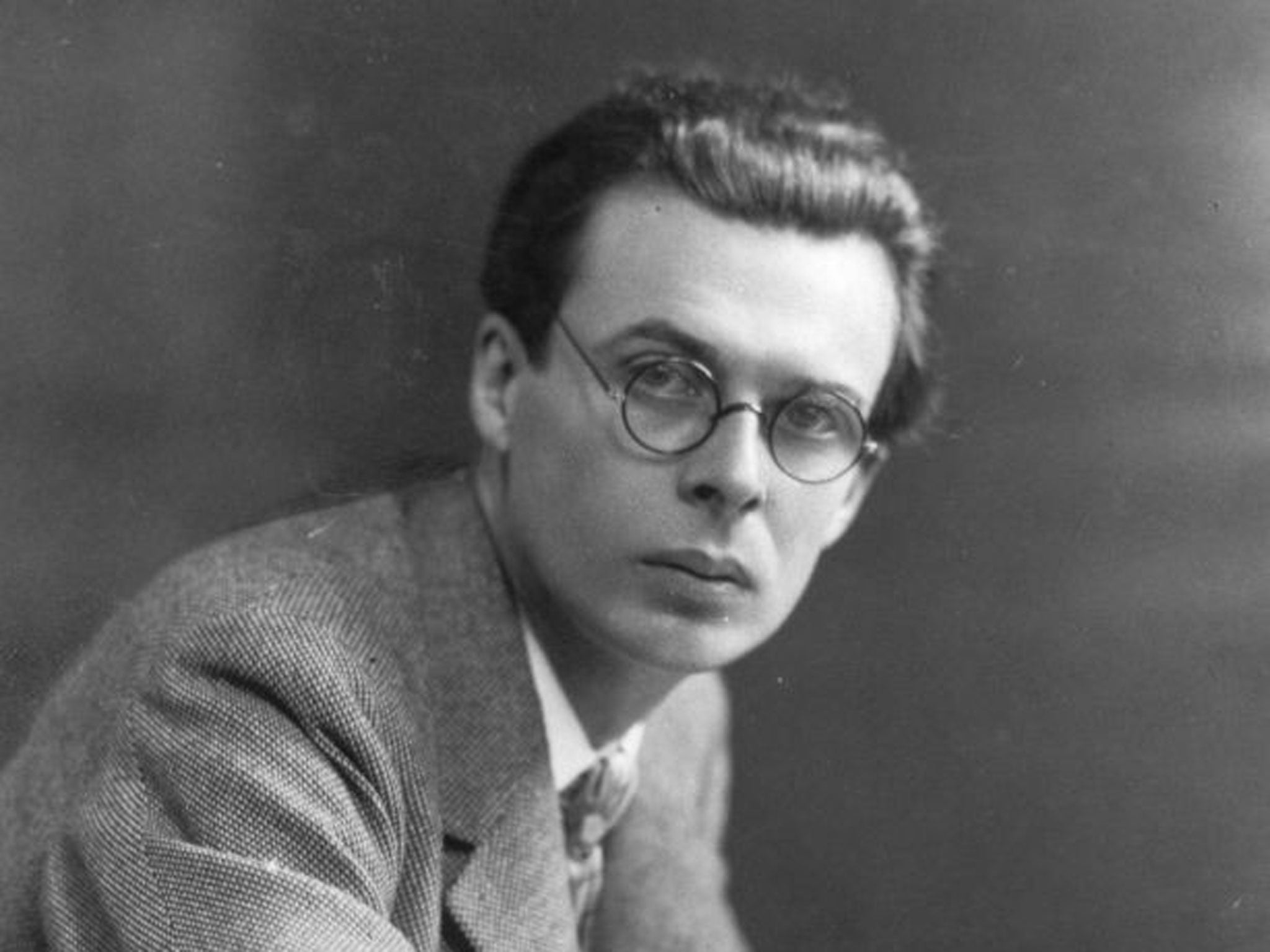Brave New World by Aldous Huxley, book of a lifetime: Relation between power and happiness
Huxley's book had a deep impact on Yuval Noah Harari's thinking about politics and happiness

For me, Brave New World is the most prophetic book of the 20th century, and the most profound discussion of happiness in modern philosophy. It had a deep impact on my thinking about politics and happiness. And since, for me, the relation between power and happiness is the most important question in history, Brave New World has also reshaped my understanding of history.
Huxley wrote the book in 1931, with Communism and Fascism entrenched in Russia and Italy, Nazism on the rise in Germany, militaristic Japan embarking on its war of conquest in China, and the entire world gripped by the Great Depression. Yet Huxley managed to see through all these dark clouds, and envision a future society without wars, famines and plagues, enjoying uninterrupted peace, abundance and health. It is a consumerist world, which gives completely free rein to sex, drugs and rock-and-roll, and whose supreme value is happiness. It uses advanced biotechnology and social engineering to make sure that everyone is always content, and no one has any reason to rebel. There is no need of a secret police, concentration camps or a Ministry of Love à la Orwell's 1984. Indeed, Huxley's genius consists in showing that you could control people far more securely through love and pleasure than through violence and fear.
When people read George Orwell's 1984, it is clear that he is describing a frightening nightmare world, and the only question left open is "how do we avoid reaching such a terrible state?"
Reading Brave New World is a far more disconcerting experience, because it is obvious that there must be something dreadfully wrong, but you are hard pressed to put your finger on it. The world is peaceful and prosperous, and everyone is supremely satisfied all the time. Would could possibly be wrong with that?
The truly amazing thing is that when Huxley wrote Brave New World back in 1931, both he and his readers knew perfectly well that he was describing a dangerous dystopia. Yet many readers in 2015 mistake it for a utopia, and our consumerist society is geared to realizing Huxley's vision.
Today, happiness has become the supreme value, and we increasingly use biotechnology and social engineering to ensure maximum satisfaction to all citizen-customers. You want to know what could be wrong with that? Read the dialogue between Mustapha Mond, the World Controller for Western Europe, and John the Savage, who lived all his life on a native Reservation in New Mexico, and who is the only man in London who still knows anything about Shakespeare or God.
Yuval Noah Harari's 'Sapiens: A Brief History of Humankind' is published in paperback by Vintage
Join our commenting forum
Join thought-provoking conversations, follow other Independent readers and see their replies
Comments
Bookmark popover
Removed from bookmarks